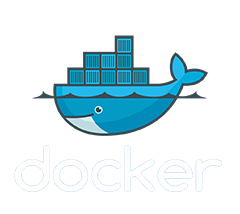November 10, 2020
Migrating from OFX to FDX
If your bank, brokerage firm, or other financial institution is planning on migrating from OFX to FDX, there are tools to make the task simpler.
Why change from OFX to FDX?
Many banks, brokers, payroll companies, and others sponsor servers that use the Open Financial Exchange (OFX) Application Program Interface (API) to interface with tax software applications such as H&R Block, TaxAct, and TurboTax.
Some of these institutions have already determined to start migrating toward the Financial Data Exchange (FDX) standard in order to:
- realize the increased security capabilities of FDX
- take advantage of expanded tax form support, and
- align with the overall industry direction
OFX to FDX Conversion Tools
Is your company one of these? Are you planning on migrating to the new Financial Data Exchange (FDX) API? If the answer to these questions is "Yes", one strategy to consider is convert existing data from the OFX format to the FDX format.
You don't need to reinvent the wheel. This capability is available through a Docker image that you download from the Google Container Registry and then deploy on your servers or in your cloud environment.
 OFX to FDX
OFX to FDX
Convert tax data from Open Financial Exchange (OFX) xml to Financial Data Exchange (FDX) json format.
- Includes support for all 37 tax forms supported by OFX specification
- Do HTTP POST Request containing OFX XML from your app
- Server responds with FDX JSON.
- Saves you over 200 hours of research and development effort
Distributed from Google Artifact Registry
Request Docker Image or More InformationOFX to FDX SDK
Convert tax data from Open Financial Exchange (OFX) xml to Financial Data Exchange (FDX) json format.
Java source code including:
- Includes support for all 37 tax forms supported by OFX specification
- Includes 4 modules:
- All OFX Tax data models
- All FDX Tax data models
- OFX to FDX conversion code
- OFX to FDX servlet code
- Saves you over 240 hours of research and development effort
Available from Bitbucket source code repository or downloadable zip file.
Request SDK or More Information
